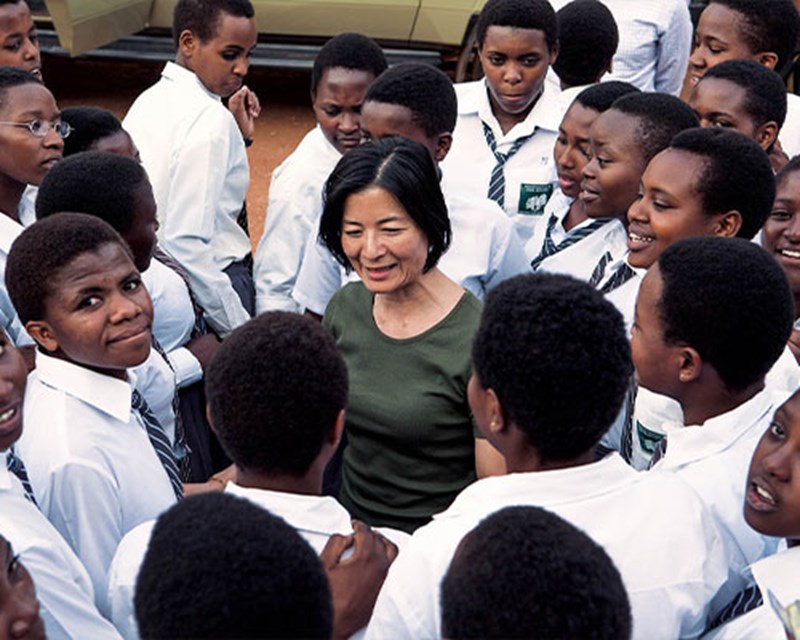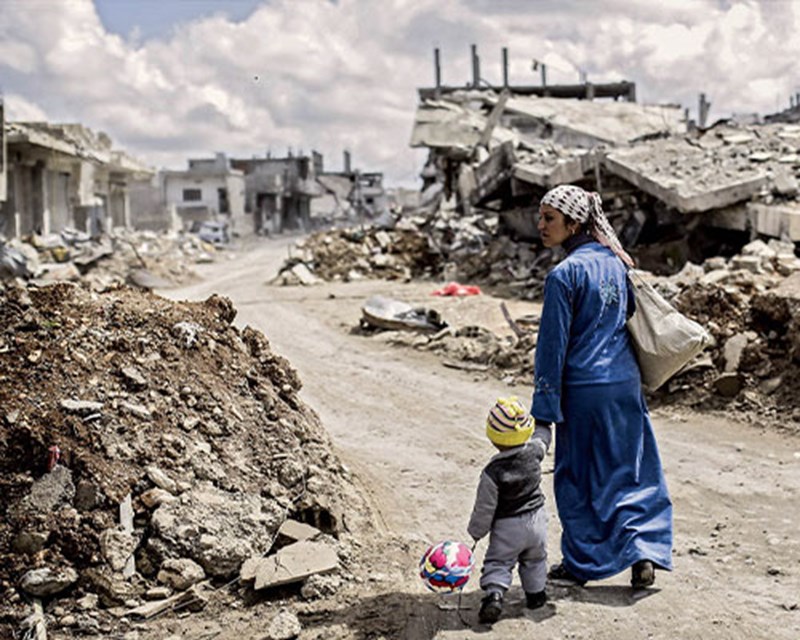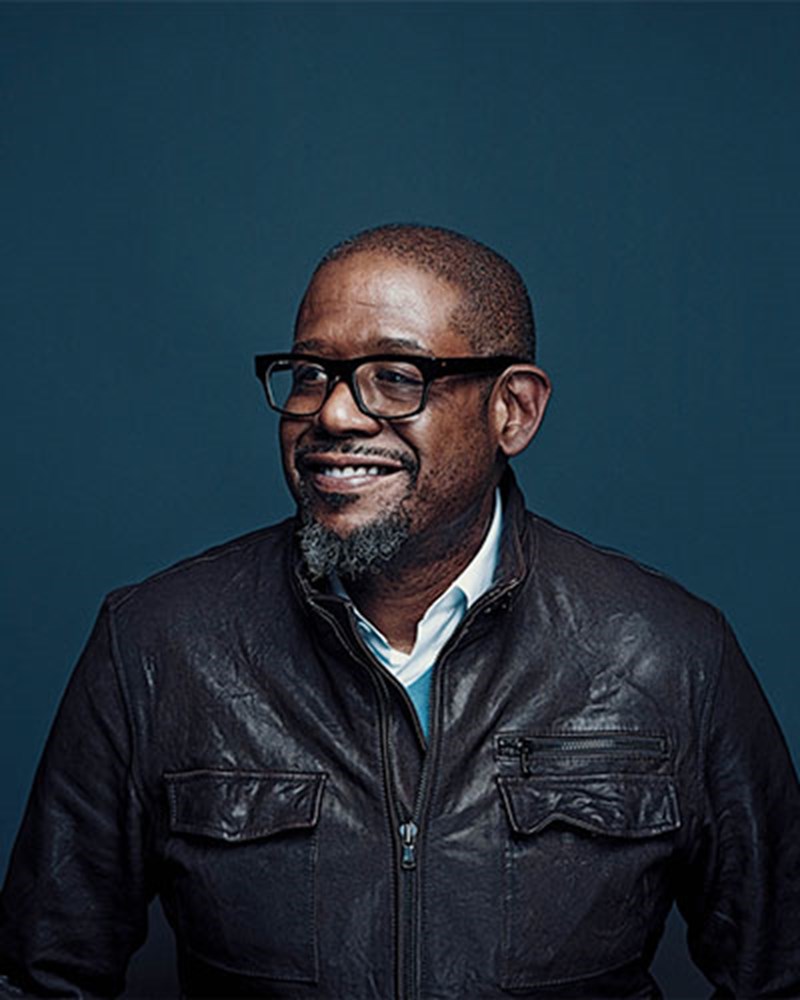Looking back, the only constant in my career as an entrepreneur has been evolution. Entrepreneurship demands perpetual personal and professional evolution; we are forced into a state of constant adaptation and improvisation in order to survive. This evolution demands of us the humility to pivot, the ability to lead a team in the face of uncertainty, and the foolish curiosity to wander out into a storm when no one else will.
I started my first venture when I was 17, running concerts in Paris. With the funds from the concerts I started buying computers and launched A2X, a web agency. It was the beginning of the internet and we were the crazy people trying to convince everyone that they needed to build a website.
Aged 20, with a ponytail and a beard, I was absolutely convinced we would be successful – but then, no one called.
Vince Lombardi, the legendary American football coach, is noted for saying to his team “if you really want to win a game, you need to be on the field”. What I realised with A2X was that being an entrepreneur was about being on the field. No one was going to call me to build a website they didn’t know they needed, and we weren’t going to keep the lights on without any clients.
So, I got on the field. One phone call at a time we started the hard way, building the company into a success and eventually selling it to another agency. Since then I have always stayed on the field; as an entrepreneur, it is my home.







